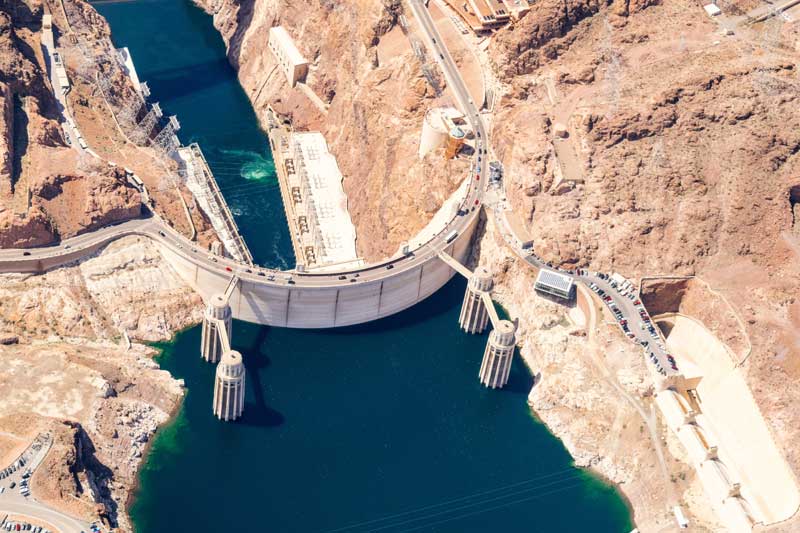
Only 37 percent of the world's longest rivers remain unimpeded and free-flowing from their source to where they empty, according to a study published today in Nature.
Free-flowing rivers are ecologically crucial — replenishing groundwater, bolstering biodiversity, and reducing the impacts of droughts and floods.
The study is the first to pinpoint the remaining free-flowing rivers on the planet and suggests economic development via dams, reservoirs, roads and hydropower is leading to decreased connectivity via rivers, which can harm freshwater species and reduce rivers' ability to mitigate floods and drought impacts.
“Rivers are the lifeblood of our planet,” said Michele Thieme, lead freshwater scientist at World Wildlife Fund and coauthor of the study, in a statement. “They provide diverse benefits that are often overlooked and undervalued.”
Thieme and colleagues looked at the 242 longest rivers across the globe (all longer than about 620 miles). They found 37 percent of the rivers remain free-flowing for their entire length, and only 21 of the world's 91 rivers longer than 620 miles that originally emptied into oceans remain free-flowing.
read full article on Environmental Health News: www.ehn.org








